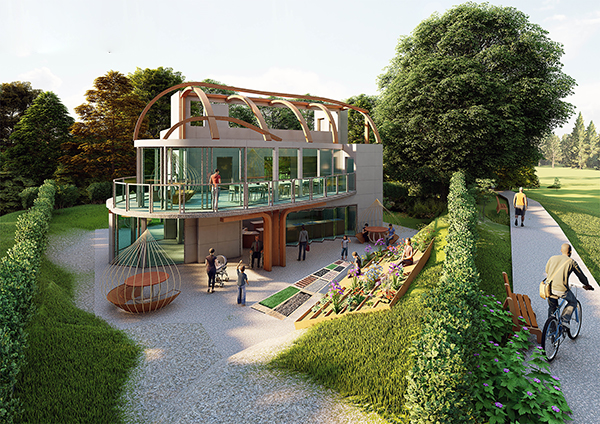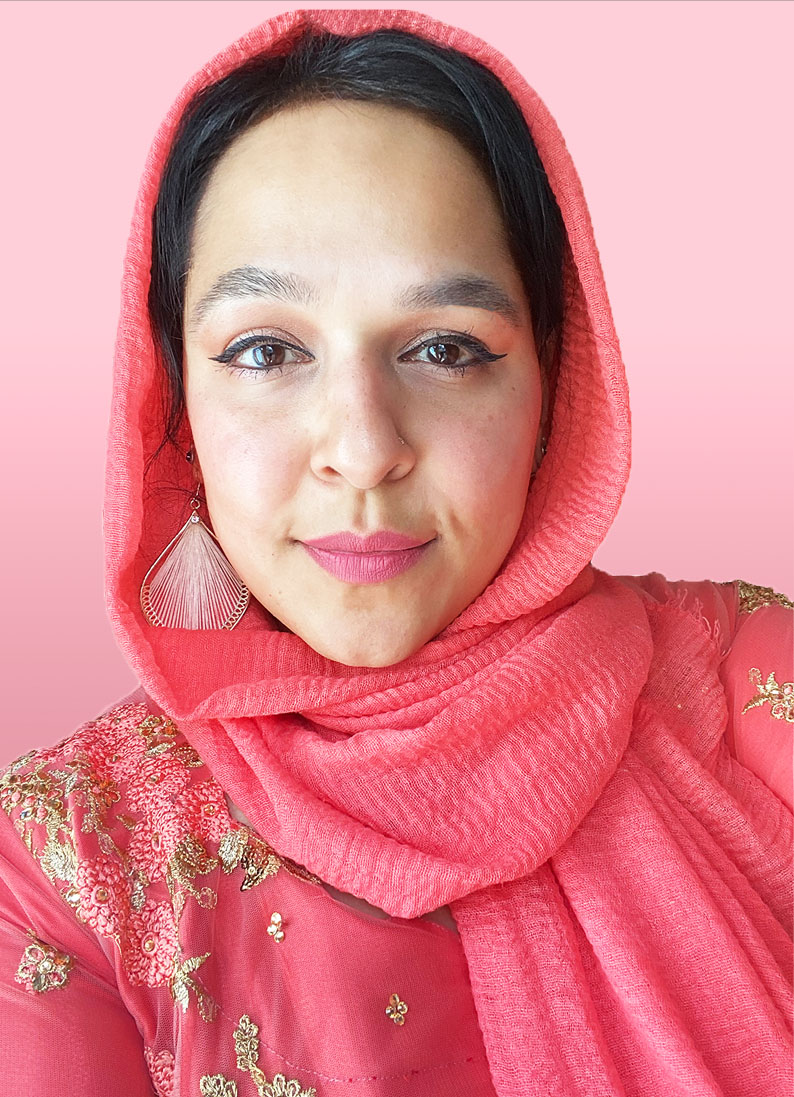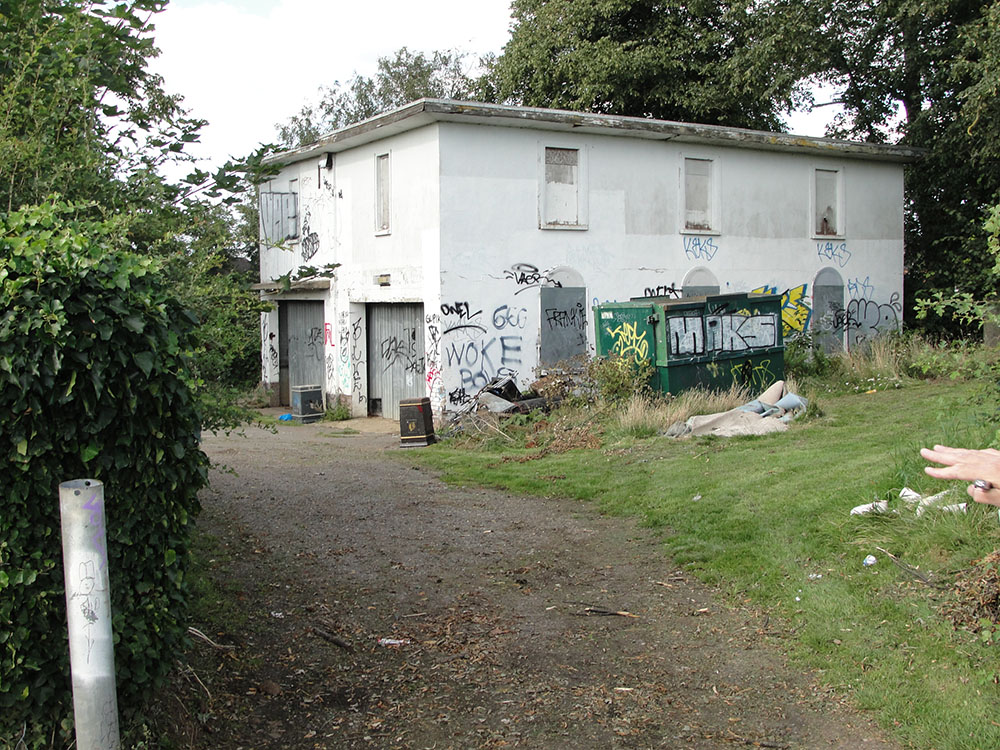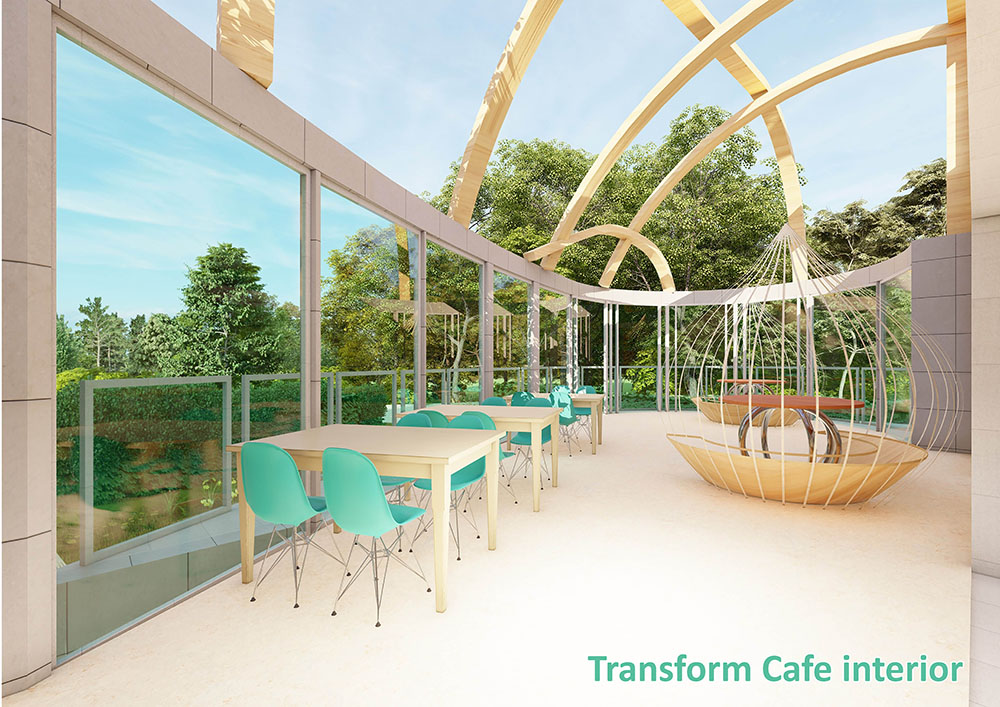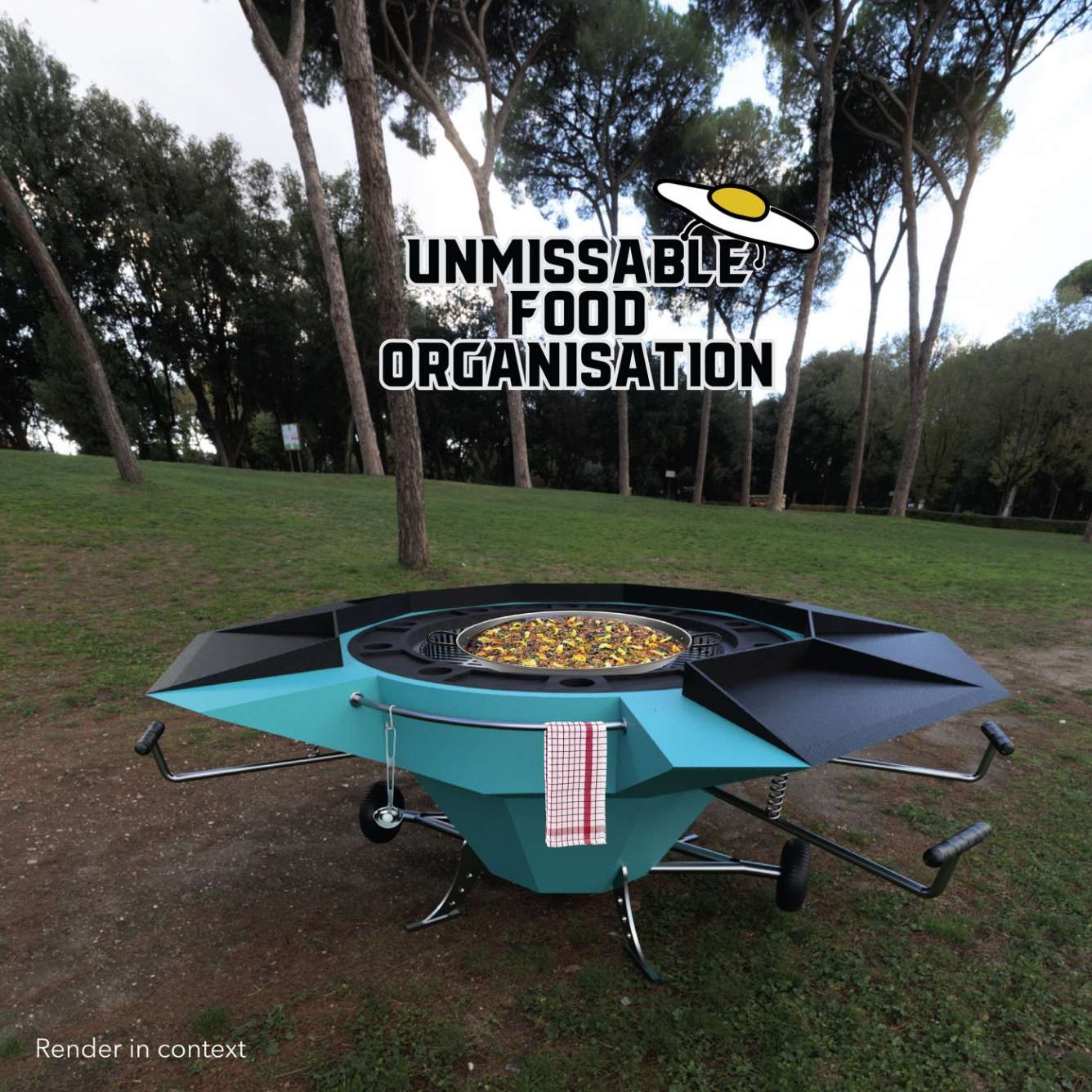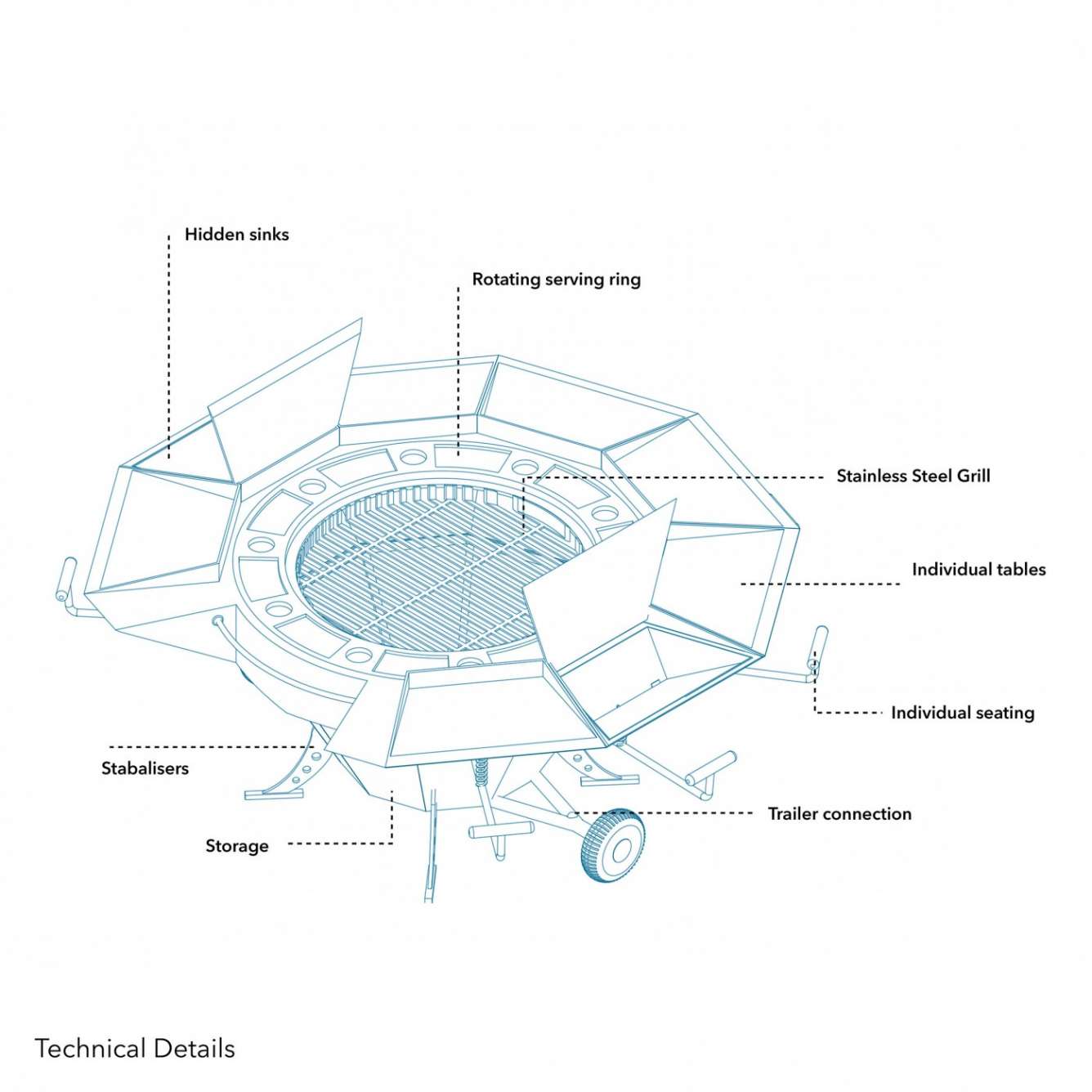A single mother who returned to university 12 years after quitting her studies to have a family has won one of the UK’s top design awards. Almas Meghani won the Legal & General-sponsored Cultivating Community prize in the prestigious Royal Society of Arts Student Design Awards for reimagining how a former armoury building on Northampton racecourse could be used to bring the community together.
Almas, whose children are 9, 11 and 18-months, was forced to spend nights working on her submission until 3am when lockdown left her without childcare. But her concept for a community kitchen and ecology centre that borrows some of its design elements from butterfly wings, earned her a top prize in a competition that has also been won by some of the UK’s most celebrated designers. They include Sir Jony Ive, Apple’s former Chief Design Officer, Kate Dundas, Director of City Strategy for the City of Melbourne, and Richard Clarke, former Head of Innovation at Nike.
